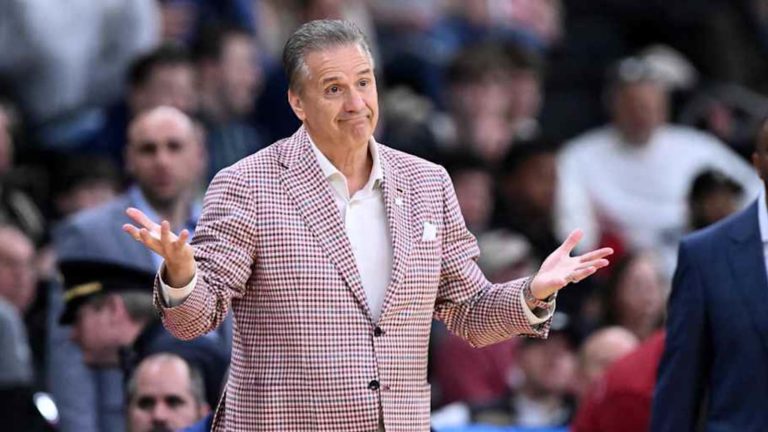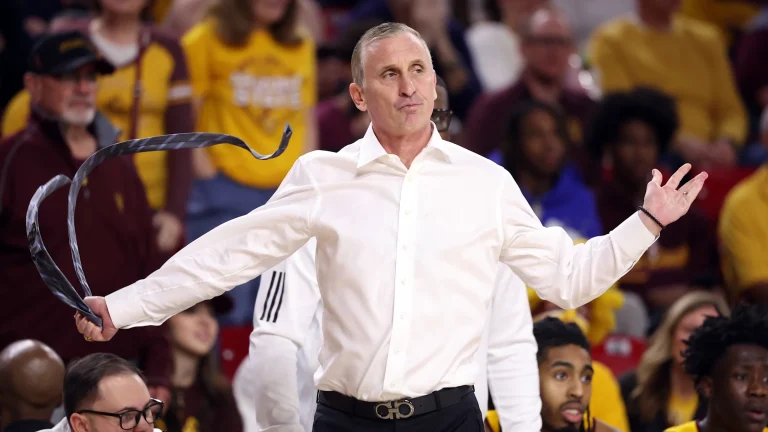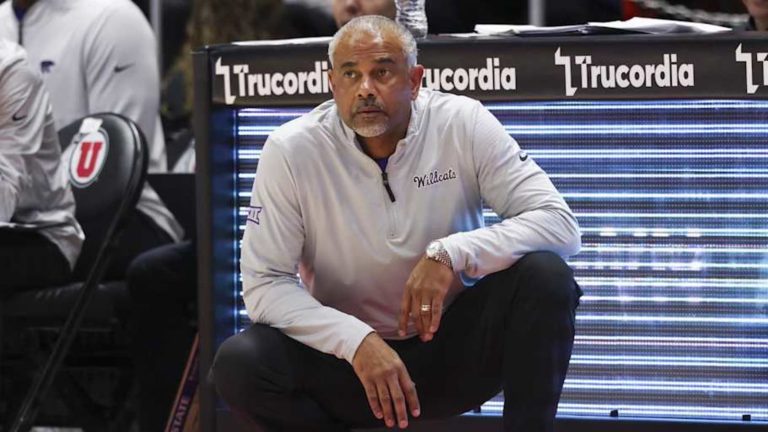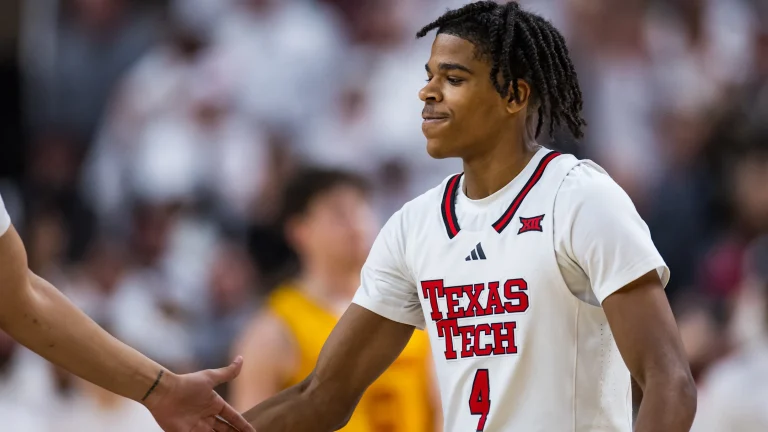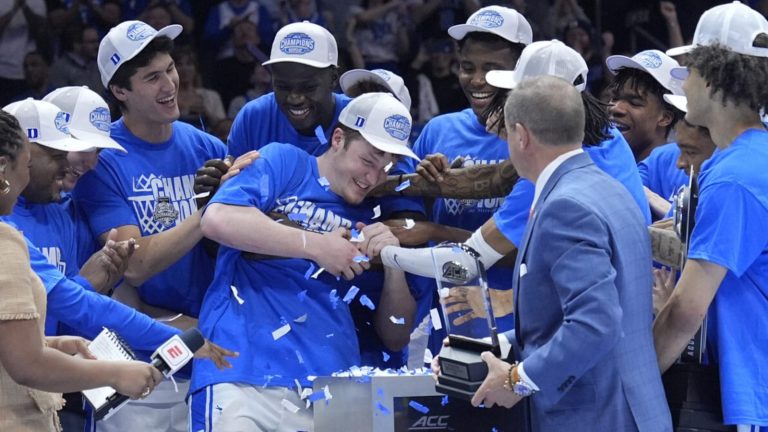James Franklin Announces Final Decision On Penn State’s Spring Game
The Penn State Nittany Lions were within one game of the national championship last season. They were able to silence the narrative around head coach James Franklin, as the team rose to the occasion in several big games.
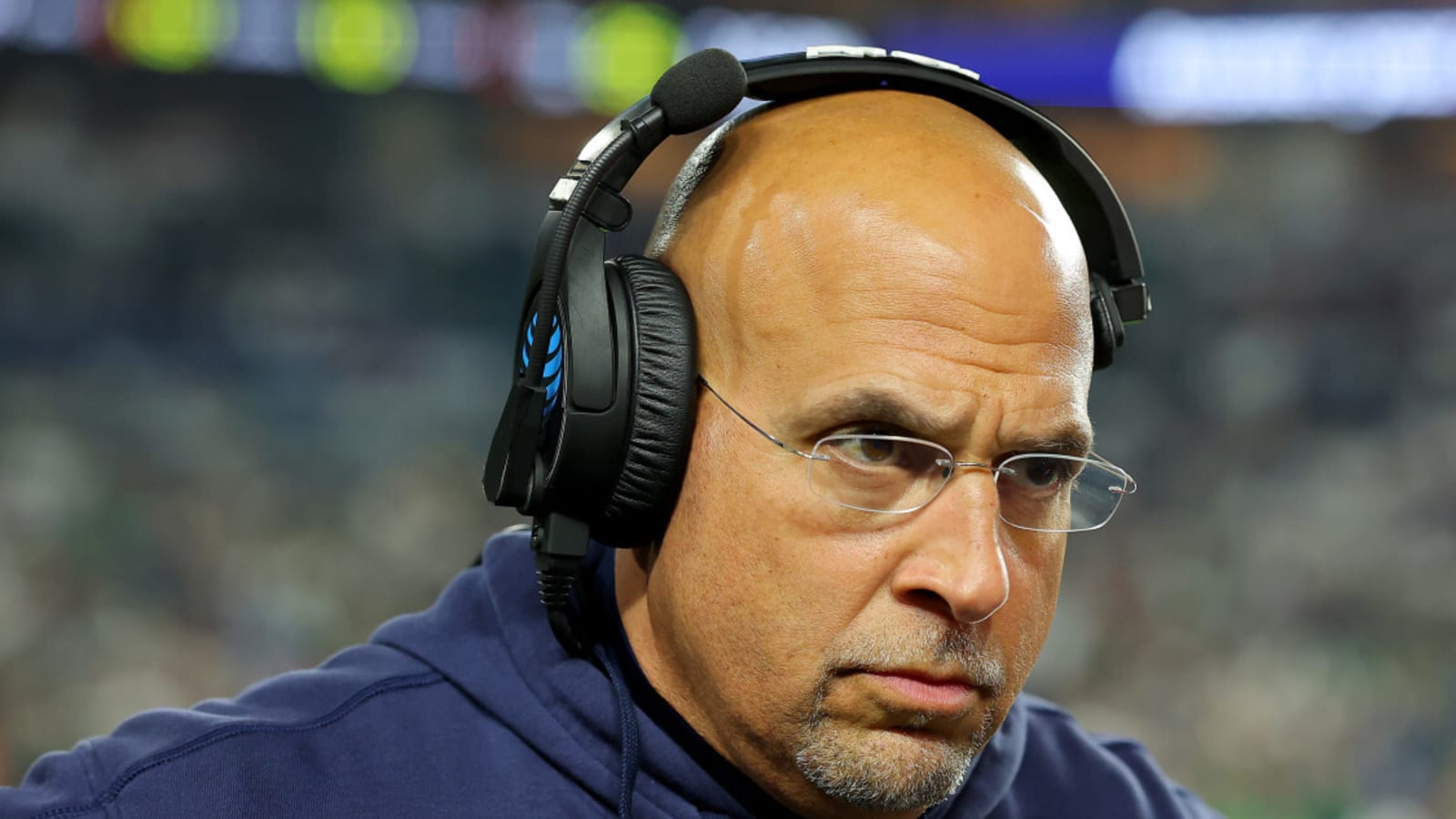
Penn State also played for a Big Ten title last season, ending the year with a 13-3 record. Four additional games is a lot for a sport that has a 12-game regular season, and that fact is not lost on Franklin and the staff.
Many teams around the country are canceling their spring games to lighten the load on players before the season, but Franklin says the Nittany Lions will be keeping the tradition going.
Franklin explained that the spring game – and by extension, every Penn State home game – has a tangible effect on the local community.
“First thing I’m going to say is, I’ve been at Penn State now long enough to understand the impact Penn State football has on this entire community. And … a successful Penn State football program helps everybody out — the bars, the restaurants, the hotels,” said the head coach.
“So for me to at any point to say we’re not going to have a Spring game, I don’t think that’ll make sense for a ton of reasons. The university schedules a ton of fundraising events around the Spring game, a lot of people are in town, it’s like a homecoming in the Spring. So that’s going to factor in always into our decision-making process.”
Franklin said that adjustments could be made to the game itself, such as eliminating the halftime period to speed it up, but that eliminating it altogether would not be considered.
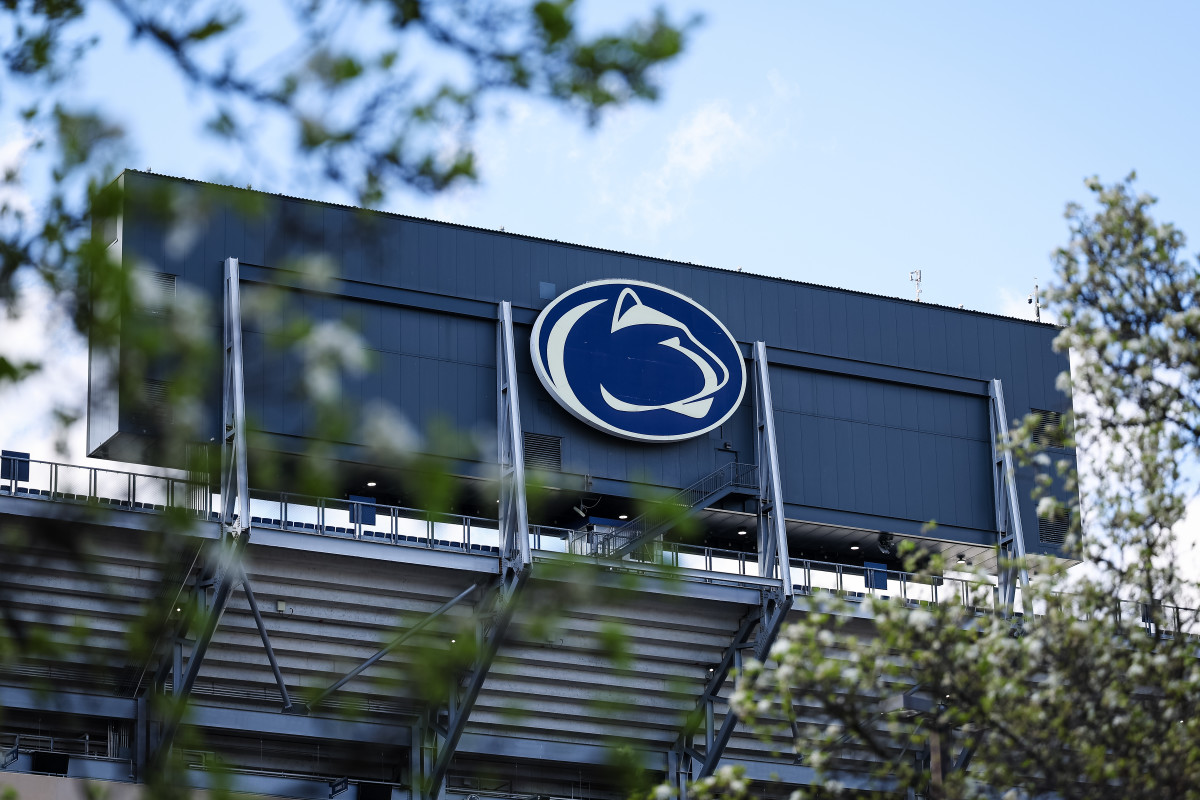
“I know we have some real, real football people in our fanbase that want to watch and evaluate our roster, and get excited and have discussions at the barbershop, or at the water jug in discussing what Penn State football is going to look like next year,” Franklin said, adding that he understands what the game means from a fan perspective.
“So for all those reasons we’ll still do it, but it will probably be a little less plays and it’ll probably be a little shorter amount of time.
We’ll see if other programs around the country follow suit, finding a way to carry on the spring tradition while also allowing their players time to recover.
